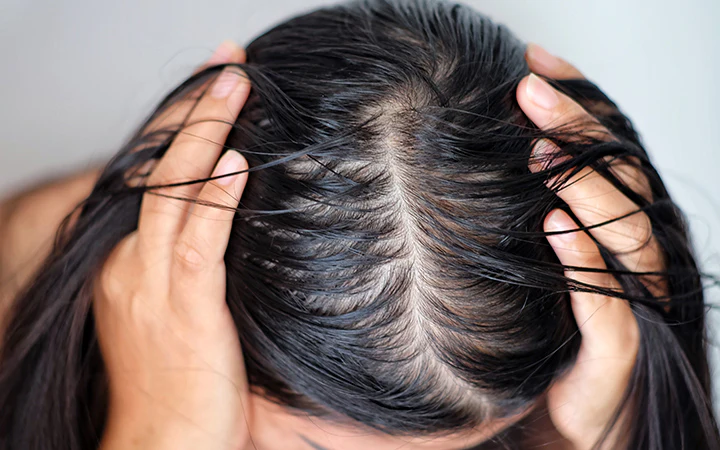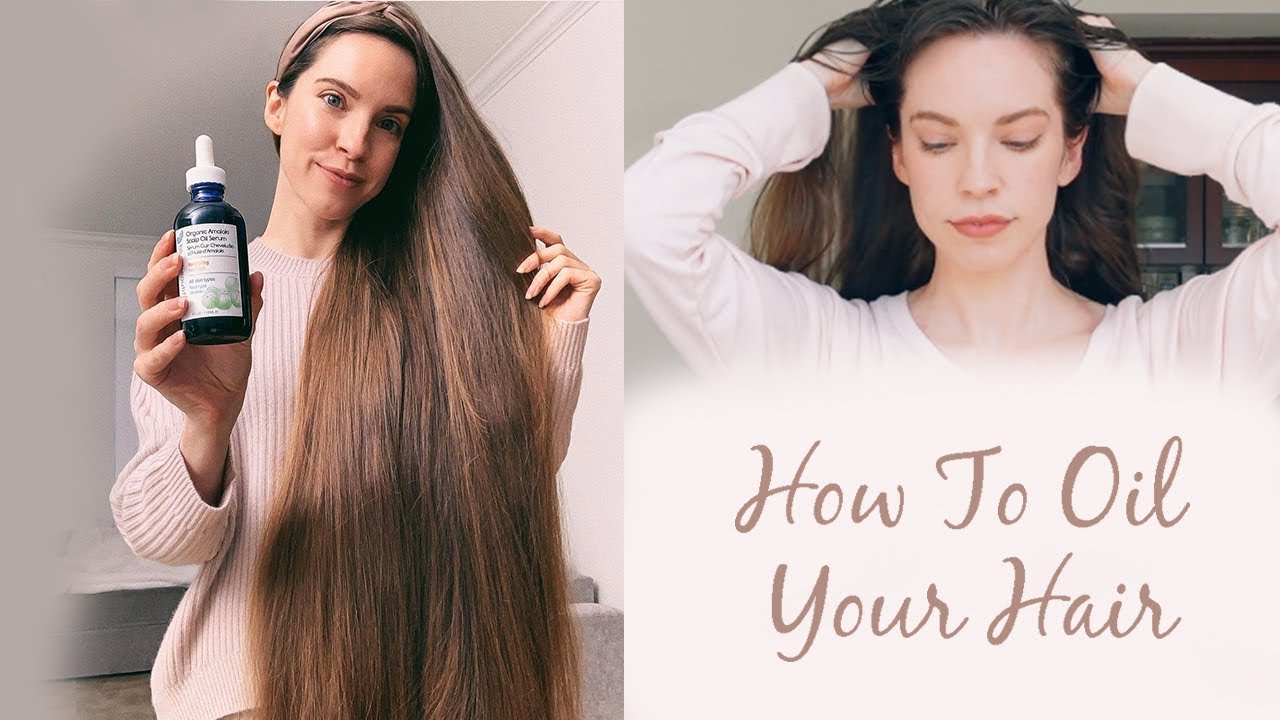The belief that wearing a hat can cause hair loss is a widespread myth. Many people worry that their daily cap or beanie could be contributing to thinning hair or even baldness. But does wearing a hat cause hair loss, or is this claim just another misconception? Let’s take a closer look and explore what science has to say about it.
Can Wearing a Hat Directly Cause Hair Loss?
The short answer is no—wearing a hat does not directly cause hair loss. Hair loss is typically driven by other factors such as:
- Age
- Genetics
- Hormonal changes
- Medical conditions
- Medications
Most cases of hair loss are related to genetics and hormonal changes. For example, male pattern baldness (androgenic alopecia) is hereditary and occurs when hair follicles shrink over time due to the effects of hormones like testosterone. In women, hair loss can be influenced by pregnancy, menopause, or thyroid conditions, but it has little to do with wearing hats.
There is no strong scientific evidence that links regular hat-wearing to hair loss. The idea that hats might “suffocate” the scalp and damage hair follicles is a misconception. Hair follicles get their nutrients and oxygen from the blood supply beneath the scalp, not from the surrounding air.
What the Research Says About Hats and Hair Loss
Although research on hats and hair loss is limited, one study involving 92 pairs of identical twins found that twins who wore hats actually had less hair loss in the area above their forehead compared to those who didn’t wear hats. This suggests that wearing a hat may offer some protective benefits for the scalp, possibly shielding it from environmental factors like UV rays that can damage hair follicles.
On the other hand, some experts caution that wearing very tight hats could potentially cause traction alopecia, a type of hair loss caused by consistent pulling or tension on the hair. This is more likely with tight hairstyles such as ponytails or braids, but it could also occur if you frequently wear a hat that’s too tight. The pressure may stress hair follicles, leading to temporary hair thinning. However, this type of hair loss is generally reversible if the tension is removed.
Can Tight Hats Cause Hair Loss?
While most hats are safe to wear, very tight or ill-fitting hats may contribute to hair loss in specific situations. This type of hair loss, known as traction alopecia, happens when hair is constantly pulled or under tension, which can damage hair follicles. For example, consistently wearing a hat that is too tight may create friction and put stress on the hair, leading to thinning over time.
According to Dr. John Anthony, a dermatologist at the Cleveland Clinic, wearing extremely tight hats might reduce blood flow to the scalp, which could stress hair follicles and cause them to fall out temporarily. However, this form of hair loss is rare, and loosening up your hat can prevent it from becoming a permanent issue.
Why People Lose Hair: Common Causes
While hats are unlikely to cause hair loss, many other factors can. The most common reasons for hair loss include:
- Genetics: Hair loss, especially male and female pattern baldness, is often hereditary. This type of hair loss occurs gradually over time.
- Hormonal changes: Conditions like pregnancy, menopause, and thyroid imbalances can lead to hair thinning.
- Medical conditions: Diseases like diabetes, lupus, and skin infections like ringworm can cause hair loss.
- Medications: Drugs for treating cancer, heart disease, and high blood pressure may cause hair loss as a side effect.
- Stress: High stress levels can trigger conditions like alopecia areata, where the immune system attacks hair follicles, leading to hair loss in patches.
None of these causes are related to wearing hats. In fact, hair loss is far more likely to be caused by your genes than your favorite cap.
Do Hats Cause Hair Damage?
While hats don’t directly cause hair loss, they can cause hair damage if worn incorrectly. For example, if you wear a hat for long periods without washing it regularly, sweat, oil, and bacteria can build up on your scalp, potentially leading to scalp irritation or infections. These conditions could harm your hair’s overall health, but they are unlikely to cause hair loss unless the irritation is severe and prolonged.
Additionally, wearing a hat that constantly rubs against your hair can lead to hair breakage. This is especially true if the hat is too tight or if you wear it in the same spot every day. To avoid this, make sure to wear loose-fitting hats that don’t create friction or pull on your hair. You can also wear a silk scarf underneath your hat to reduce friction and prevent breakage.
Does Wearing a Hat Every Day Affect Hair Growth?
A common concern is whether wearing a hat every day can slow down hair growth. The good news is that hats don’t affect the growth rate of your hair. Hair growth is a biological process regulated by genetics, hormones, and nutrition—not by whether or not you wear a hat. Your hair will continue to grow at its natural rate, regardless of how often you wear a hat.
If you’re noticing hair in your hat after wearing it, it’s likely just natural shedding. As mentioned earlier, losing around 100 hairs a day is normal, and finding a few strands in your hat or on your pillowcase isn’t a cause for concern.
Final Thoughts: Can Wearing a Hat Cause Hair Loss?
The bottom line is that wearing a hat does not cause significant hair loss. Wearing an extremely tight or poorly fitting hat might lead to temporary issues like traction alopecia or scalp irritation, but these are rare and preventable by wearing loose-fitting hats. Most hair loss is caused by genetics, hormones, or underlying health conditions—not by your choice of headwear.
If you’re concerned about hair thinning or loss, focus on maintaining good scalp hygiene, avoiding tight hairstyles, and addressing any underlying health issues. Wearing a hat as part of your daily routine is generally safe and unlikely to be the cause of your hair concerns. So, go ahead and enjoy your hats—just make sure they fit comfortably!



